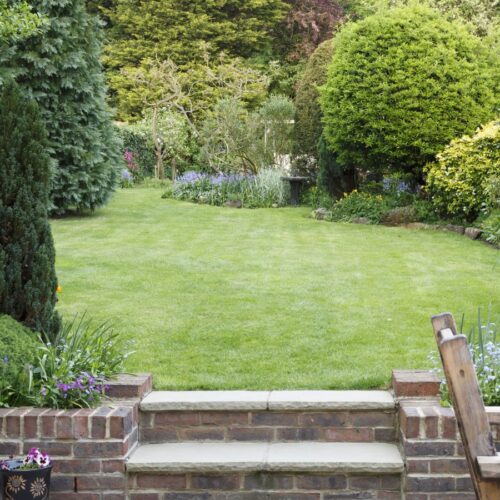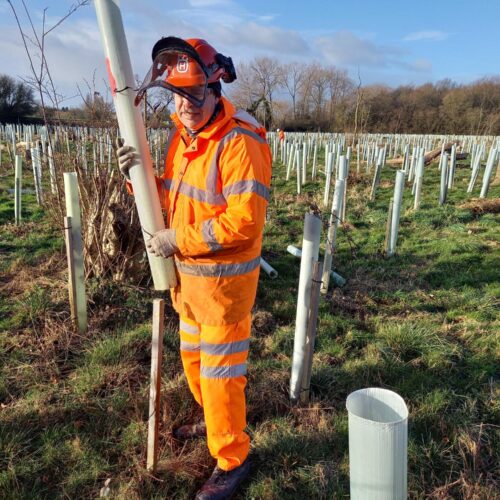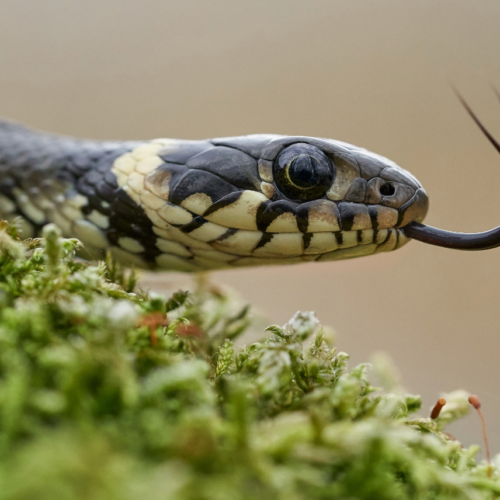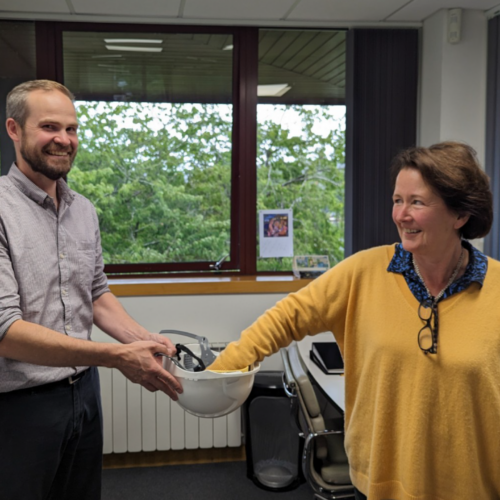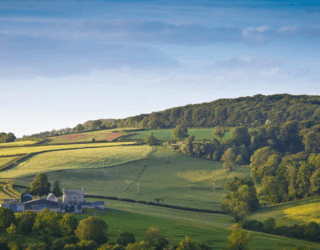A study of applied pollinator research, carried out over 16 years by the CEH (Centre of Ecology and Hydrology) has shown that turning just a small percentage of commercial farmland into habitat for pollinators actually increases some yields, despite the loss of land in production.
The CEH say that, “It is reckoned that 87% of wild plant species (and about 70% of our fruit, vegetables and crops) rely on insects and other animals for pollination. Indeed, it has been estimated that insect pollination contributes £630 million per year to the UK economy, and around £150 billion per year globally. In short, without insect pollinators our ecosystems would lose many of their flowering plants and simply cease to function. Worse still there would be serious shortages of food.”
There is no fixed rule to the question of how much bee habitat is required, as varying bee species affect the habitat requirements, as can the quality of the surrounding landscape, but even creating less than 1% of wildflower habitat can greatly increase pollination.
‘Growing wildlife habitats is no different from growing crops. The key is to get it right in the first year.’
To read Habitat creation for management for pollinators, click here.
Contact us if you are an ambitious farmer or landowner!

